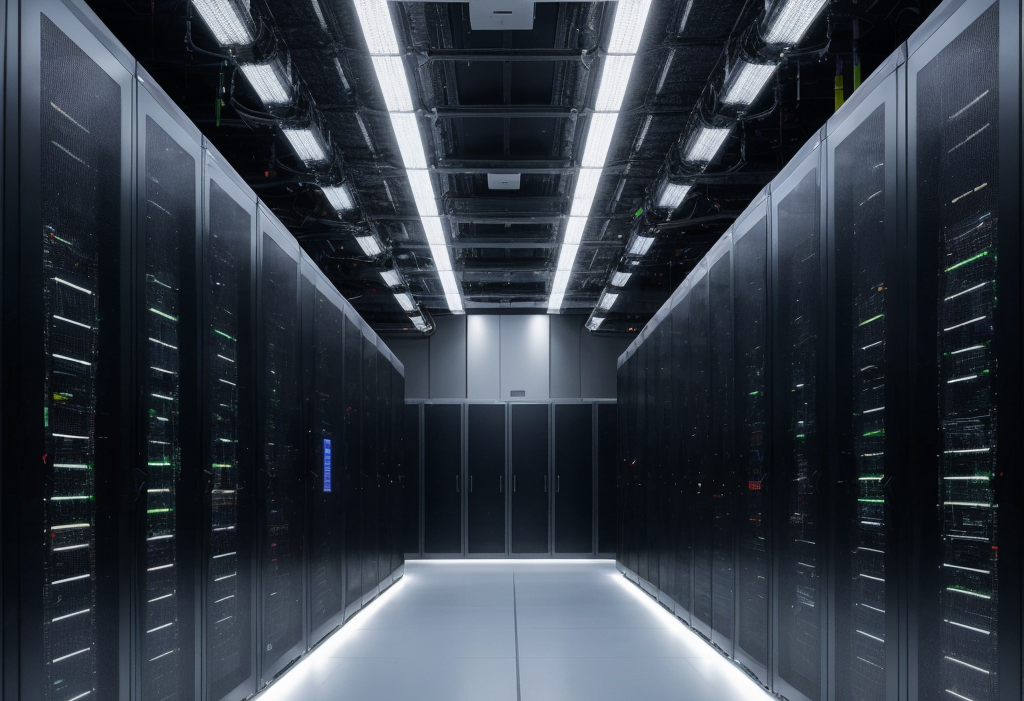As the demand for artificial intelligence (AI) continues to surge globally, the energy requirements to support this growth are becoming a focal point of discussion. Major tech companies are investing heavily in data infrastructure to accommodate the increasing computational needs of AI. A recent example is Google’s investment of 1 billion euros ($1.1 billion) in expanding its data centre campus in Finland, underscoring the vital role of energy in AI development.
The Growing Energy Demand of AI
AI applications, from machine learning models to complex neural networks, require immense computational power, which translates into significant energy consumption. Data centres, the backbone of AI operations, are energy-intensive facilities that house servers and storage systems. As AI technologies advance, the need for more powerful data centres grows, leading to increased energy consumption.
Renewable Energy and Data Centres
In recent years, many data centres have been established in Nordic countries, taking advantage of the region’s cooler climate, tax incentives, and abundant renewable energy sources. Finland, in particular, has seen a rapid expansion in wind power capacity, increasing by 75% to 5,677 megawatts in 2022 alone. This surge in renewable energy makes it an attractive location for data centres like Google’s, which secure wind power through long-term contracts.
The Environmental Impact
The energy consumption of data centres is set to rise exponentially with the rapid growth of AI. This has raised concerns about the environmental impact, even as companies strive to achieve carbon neutrality. Google’s Hamina data centre in Finland, for instance, already operates with 97% carbon-free energy and plans to reroute heat generated from its operations to the local district heating network, benefiting nearby households, schools, and public service buildings.
Strategic Investments in Europe
Google’s substantial investment in Finland is part of a broader strategy to expand its data infrastructure in Europe. The company announced plans to build new data centres in the Netherlands and Belgium, highlighting the escalating demand for AI capabilities and the corresponding need for energy resources to support them.
Balancing Energy Use and Sustainability
The critical challenge lies in balancing the energy demands of AI development with sustainability goals. While Nordic countries are ideal for hosting data centres due to their renewable energy capacity, there are growing calls to allocate these resources towards industries that can offer higher surplus value, such as green steel production.
Conclusion
The energy requirements for AI development are substantial and will continue to grow as AI technologies evolve. Investments in data centre infrastructure, like Google’s recent expansion in Finland, highlight the importance of renewable energy in meeting these demands. As the industry advances, it will be crucial to ensure that energy consumption is managed sustainably, leveraging renewable sources while minimizing environmental impact. Achieving this balance will be essential for the future of AI and the broader technology landscape.




